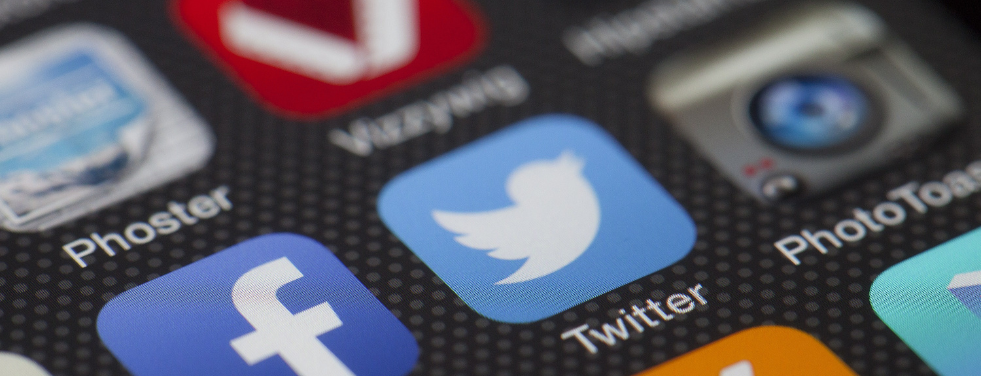The gig economy is clearly booming.
The International Labor Organization estimates that in 2020, more than 40% of the adult population in the United States participated to some degree in the gig economy.
Of course, most of us don’t need an expert to tell us that almost everyone you talk to has some form of side hustle.
Whether it’s parents who drive for Uber while the kids are at soccer practice or crafters who pick up jobs to make and sell certain goods.
However, with all this activity in the gig market, it can be harder for those trying to break into the market to find their niche and attract customers.
Advantages
Although freelancing has many advantages, such as being your own boss and setting your own hours, it can be exceptionally difficult to be profitable.
Expanding your customer base can be even more challenging.
Today, many people are turning to social media to promote themselves as gig workers.
Marketing yourself in this way can be a great opportunity to not only get your name and skills out there, but also build a brand and reputation that people will trust.
It may take a bit of legwork to get going, but the benefits far outweigh the effort involved.
The first step to real social media marketing is to build your personal brand. Branding is the cornerstone of any business.
A positive, recognizable brand is one that most people will choose over an unknown one.
Great branding and marketing will bring customers in, while bad branding can actually do more harm than good.
It all starts with determining exactly what you want to portray about yourself and your business.
Then by incorporating some graphic designs including a color scheme, logo and core brand message, you’ll help people start to recognize your brand and understand what you really have to offer.
There’s plenty of room here to tell your story and create a message that’s uniquely you – make the most of it! Next, you need to get your new brand on the street.
It involves regularly showcasing your work on all your social media channels, and it takes work.
In addition, you need to ensure that you use your brand effectively when creating and implementing a marketing strategy.
Consistency throughout the marketing cycle not only ensures that you can market your services and your personal brand well, but it also means that your audience has a good understanding of who you are.
Building a reputation as a hard worker, generous community member, and well-connected gig employee is hard work, but the effort can eventually start to snowball into something much, much bigger.
One of the most difficult balances to find as a marketing employee of your social media gig is the line between personal and professional.
For many, that line is exceptionally gray and they find themselves marketing and advertising in the same social space where they interact with friends and family.
This ultimately has some big potential positives and potential negatives.
The main benefit of keeping your professional and personal lives closely connected on social media is that you have a ready-made following.
That is, all your friends, family and random acquaintances with whom you are already friends on social networks. Having this base can provide a strong platform to launch marketing and a sense of organicity.
For some companies, especially those that hire influencers to market their products, this more personal, real-life feel can be invaluable.
Chances are, if some of these friends don’t need your skills yet, they may know someone who does.
Of course, for every positive aspect there is a negative one. Many business professionals strongly recommend keeping your personal and professional accounts separate.
The gig economy is undoubtedly booming, as Forbes reports in a recent report that global GDP is estimated to reach an all-time high of $2.7 trillion by 2025 from online talent platforms alone.
This indicates a growing demand for their services across various niches and industry verticals for freelancers.
This expected growth has resulted in an accompanying explosion in gig workers, so that as of 2020, labor experts predict that up to 43% of the US adult population participates in the gig economy.
If you want to start or increase your earnings in the gig economy, freelancing sites like social media is essential if you want to break through all the competition.
Today we’re sharing 6 tactics for promoting yourself as a freelancer on social media.
Sources: blog.freelancersunion.org | hausmanmarketingletter

